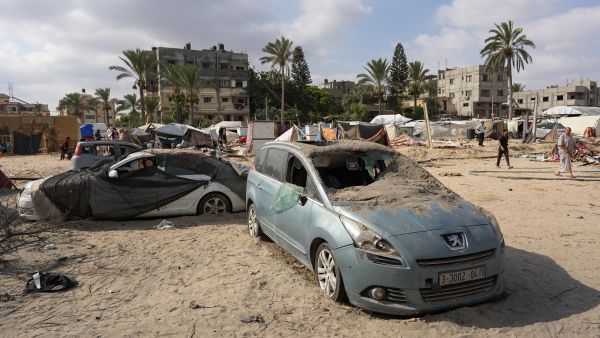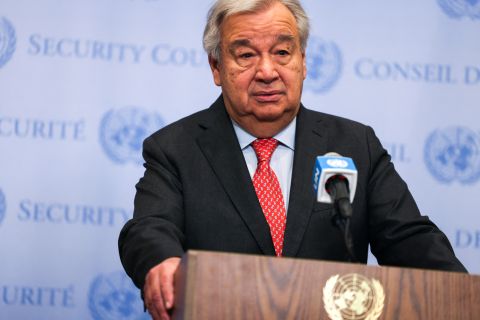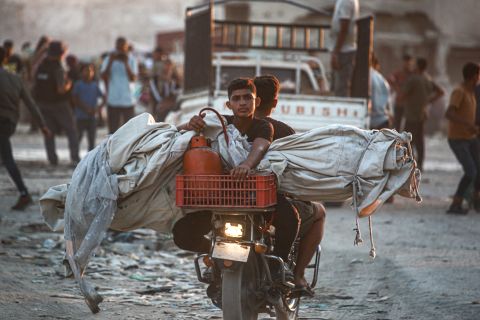ALBAWABA - Following a brutal Israeli massacre in Mawasi Khan Younis, a senior Hamas official said that the movement will be pulling out of ceasefire talks in response.
Israel claimed that the strike was to target Qassam leader Mohammed Al Deif, who oversees Hamas's military wing. Another official told AFP that Hamas was withdrawing from ceasefire talks because of Israeli "massacres" and the country's attitude in negotiations.
Haniyeh stated "decision to halt negotiations due to the occupation's (Israel) lack of seriousness, continued policy of procrastination and obstruction, and the ongoing massacres against unarmed civilians," the official added.
UNRWA's head, Philippe Lazzarini, described the region as "a sandy 14-square-kilometer (5.4-square-mile) agricultural land, where people are left out in the open with little to no buildings or roads".
In a statement, UN Secretary-General Antonio Guterres condemned the brutal Israeli airstrike on the Mawasi Khan Younis area of Gaza, which targeted scores of displaced people's tents.
"This (attack) underscores that nowhere is safe in Gaza," Guterres stated. He added that he was "Shocked and saddened" by the brutal strike that killed more than 90 people and caused 300+ injuries, mostly severe and life-threatening.
Al-Aqsa Flood operation against Israel
Hamas military group announced on Oct. 7 a military operation called "Al-Aqsa Flood" against Israel which is the biggest offensive in decades.
Palestinian fighters “infiltrated” Israel from the Gaza Strip and captured military bases and took hostages as photos and videos went viral online showing Hamas fighters on vehicles inside Israel and others paragliding into occupation territory.
In response, Israeli armed forces announced targeting Hamas positions inside the Gaza Strip. Thousands were killed, and dozens of thousands of others were injured in the Israeli attacks on the Gaza Strip.
The latest statistics by the Ministry of Health in Gaza revealed that the death toll from Israeli brutal pounding on the Gaza Strip since October 7 has soared to 38,443+ people, with more than 88,481+ injuries.
Since then, approximately 85% of Gazans have been displaced, all of whom are suffering from severe food insecurity, and the healthcare system has collapsed. Hundreds of thousands of people lack shelter, and aid trucks are entering the area at a lower rate than before the conflict began.









